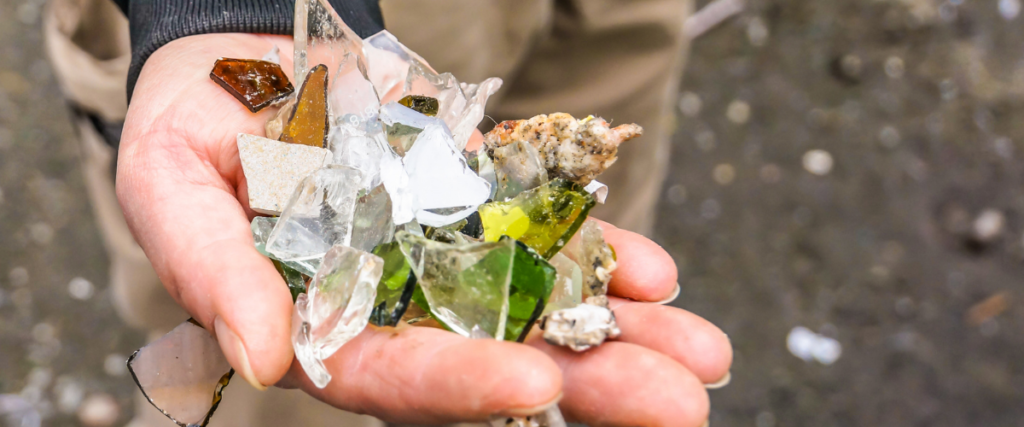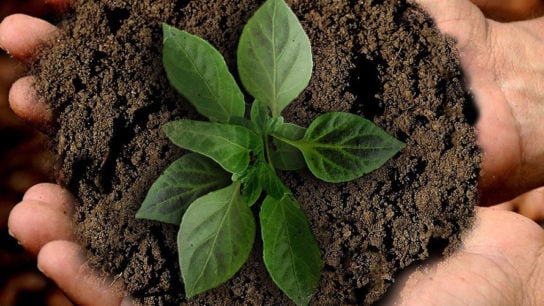Among the many recyclable materials, glass products bring several benefits for improving logistics efficiency and sustainability. There is room for improvement in Hong Kong’s glass recycling systems, and here is how your business can implement appropriate recycling processes.
Recycling glass can be a highly cost effective method through the reuse of glass waste to produce new containers and bottles. However, with more people turning to plastic packaging for its convenience and accessibility, its usage has far surpassed glass. As a result, many major metropolitan cities began removing glass recycling facilities, and replacing them with recycle bins for other materials.
Although the issue with this change may not be plainly visible, it is all happening at the cost of countless opportunities to save energy and resources. Recycling will significantly reduce the overall percentage of waste produced in cities. With glass being relatively easier to reuse and remanufacture, recycling it should be more prevalent than now, and here are the reasons why.
What is Glass Recycling?
Recycling glass, just like any other form of recycling, is the processing of waste glass into usable products. Once the waste is collected, it is washed and crushed into smaller pieces as fine as sand. It is then melted and moulded back into jars, plates, or bottles. The significant advantage of recycling glass is that this process can be done multiple times with no quality loss in the final product.
With such a long life cycle, it would be beneficial to recycle every glass product that is produced. However, there are also non-recyclable glass products, produced with differing melting points and durability compared to recyclable glass. For example, light bulbs, mirrors, and windows are unfortunately not recycled after use.
Despite this portion of non-recyclable glass products, there are still many that can be renewed such as, glass bottles, containers, and other household objects. When given the suitable treatment and handled with professionalism, recycled glass can be substituted for up to 95% of raw materials. Large scale corporations could even benefit from recycling glass, as it reduces emissions and consumption of other raw materials, while saving energy and cost for new products.
Glass Recycling in Hong Kong
Hong Kong has faced many challenges with recycling and sustainability, throughout the years. Several times, the city has tried improving its recycling habits, and in terms of glass, there has not been more progress. In 2016, the Environmental Protection Department (EPD), issued a “Monitoring of Solid Waste in Hong Kong 2016” report illustrating that more than 329 tonnes of waste glass is disposed of daily, of which 243 tonnes (74%) were glass bottles. Glass bottles are recyclable forms of glass, however, of the 243 tonnes, only 7.7% were recycled, showing Hong Kong has significant room for improvement with recycling. Understanding the amount of glass being disposed of or exported to be recycled, indicates there should be measures enforced to improve the situation.

How Organisations Can Incorporate Glass Recycling
Reduce Single Use Glass Waste
More often than not, businesses supply offices with a mini snack bar or refreshments. When purchasing beverages, try to avoid those that use glass bottles or other single use materials. Although glass bottles are 100% recyclable, cutting down from the initial source can help curb the total amount of waste produced.
Streamline Recycling Glass
If your business consumes or generates a lot of glass waste, separating glass into several streams for recycling can vastly improve the recycling process. Categorising any material when recycling is always beneficial. For glass, the difference in the quality of glass inhibits further processing, which can be avoided if organised by material. According to C&EN, only 40% of glass from single-stream collections is recycled into new products, compared to 90% of glass from multi stream systems.
Rinse and Sort Glass Waste Before Disposal
Most people will dispose of a glass bottle upon consuming its contents. However, before disposal, rinse it under water and try to peel off the label. When glass recycle plants begin the crushing and melting process, this will facilitate a smoother and more efficient process. Arrange your glass waste by colours: green, clear, or amber. By doing so, businesses can play their part in the first step of the recycling journey as well.

Related Articles
Hong Kong Cardboard Grannies Could be Key to City’s Plastic Waste Solution






